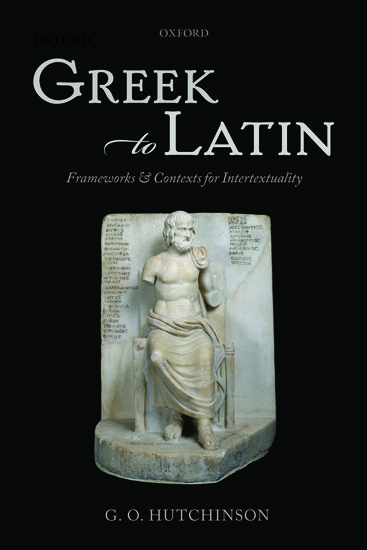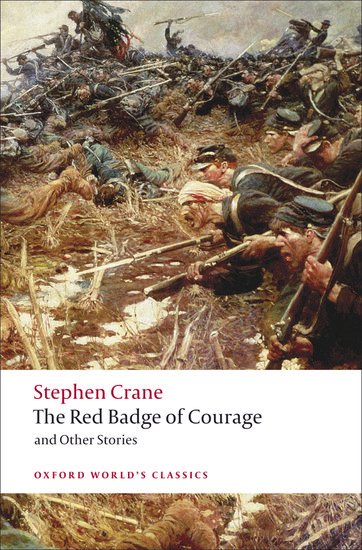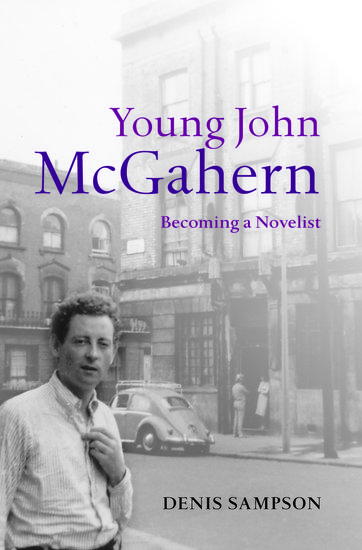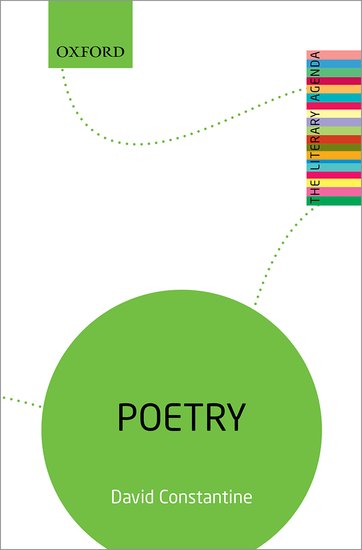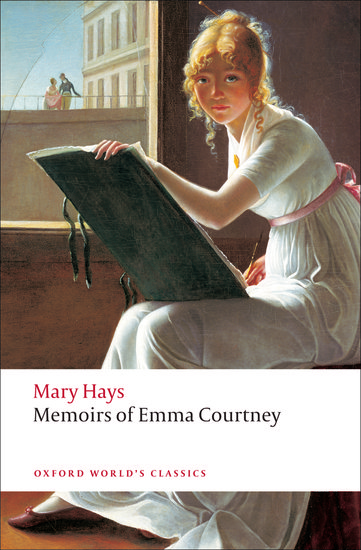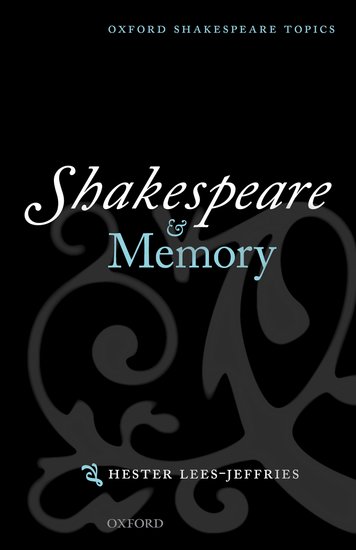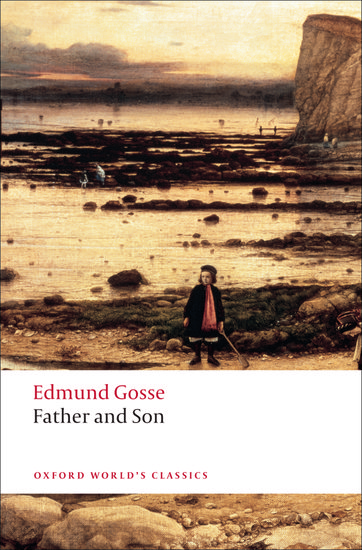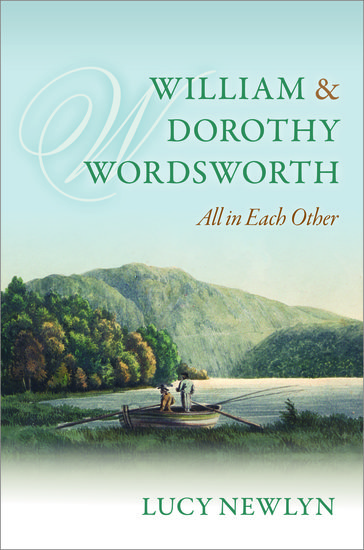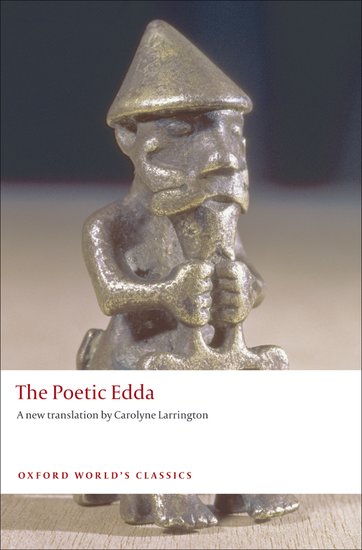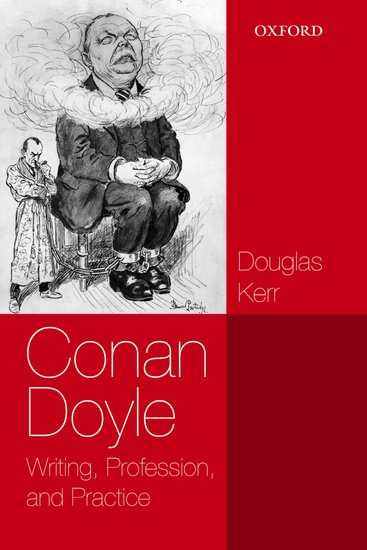An interview with Mohsin Hamid
Mohsin Hamid is the author of the novels Moth Smoke, The Reluctant Fundamentalist, and How to Get Filthy Rich in Rising Asia. His award-winning fiction has been featured on bestseller lists, adapted for the cinema, shortlisted for the Man Booker Prize, and translated into over 30 languages.


